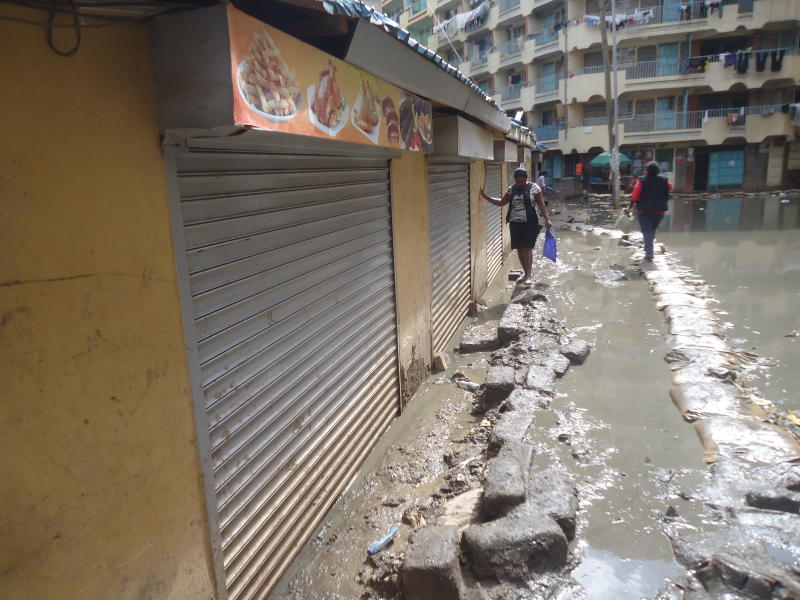×
The Standard e-Paper
Stay Informed, Even Offline

At Plot 10 area, music blares from bars, pubs and barbershops. Mama mbogas cut cabbages and sukuma wiki as customers wait. Some traders fry fresh fish, cook chapatis and githeri, boil and roast maize in the open air along the roads.
Handcarts, bicycles, speeding motorcycles, vehicles and a swarm of people all jostle for the same space on the narrow streets, most times causing endless traffic snarl-ups.